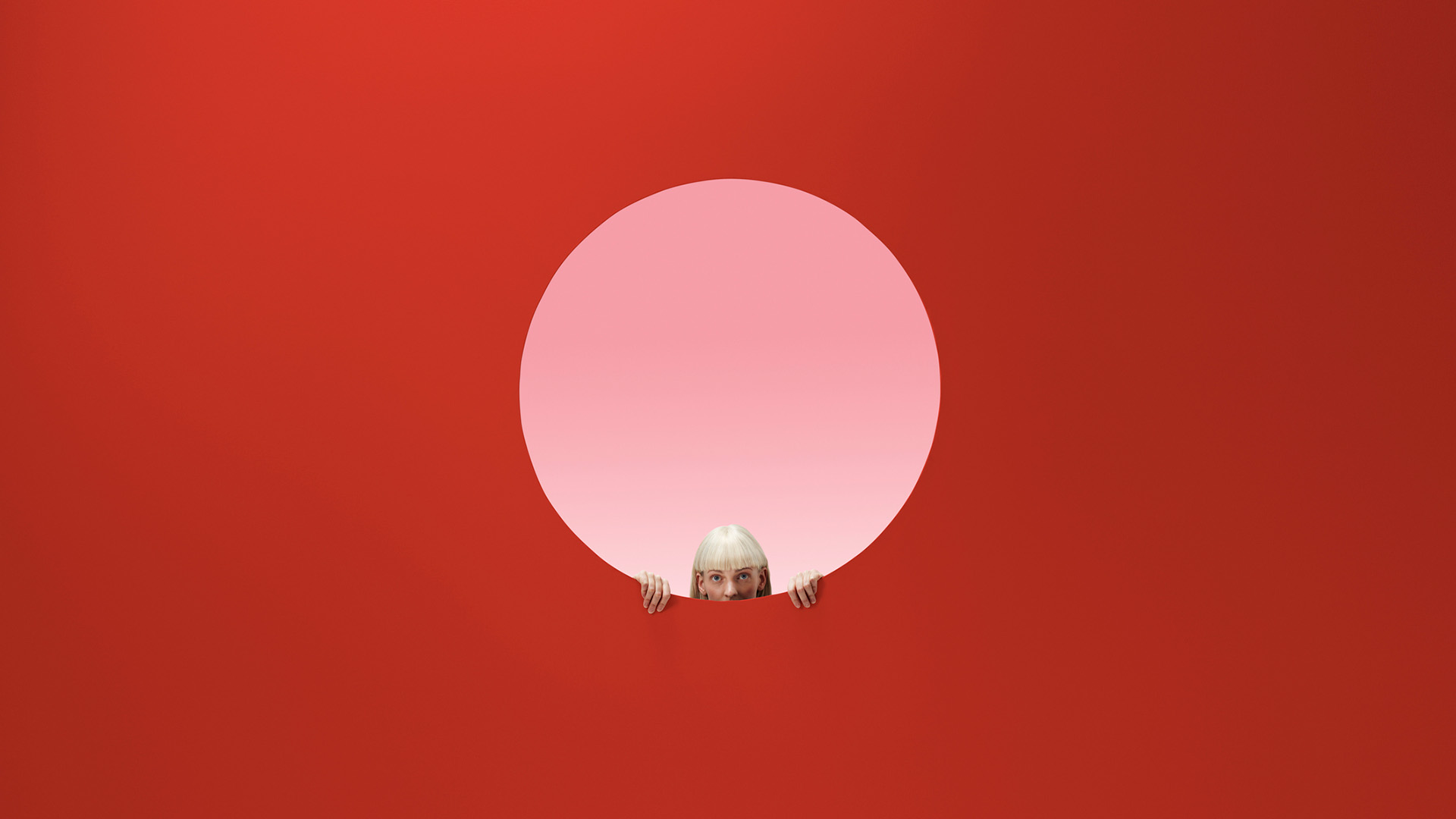On an early Saturday morning in Lagos, you might look around your living room and notice piles of old newspapers, gifts from relatives, or clothes you haven’t worn in years. The honk of danfos outside mixes with the buzzing thoughts in your mind—a feeling of overwhelm, clutter, and a longing for order. In a country where life moves at lightning speed and our homes often double as both sanctuary and business centre, it’s easy to feel buried under “stuff”—belongings, relationships, and even habits that no longer serve us. But could all this clutter be speaking to our deeper mental state? Is it just mess—or a hidden message?
Nigerians are known for our resilience and ‘make it work’ spirit, but even the toughest among us feel the weight of overload from time to time. Across Lagos, Abuja, Accra, and beyond, our living spaces reflect personal battles, aspirations, loss, and growth. Experts worldwide—and increasingly, our own homegrown therapists—are illuminating the powerful link between a cluttered environment and our emotional well-being. As more people across West Africa talk openly about mental health, it’s time to ask: is clearing out your space really about more than just neatness?
Why Do We Accumulate So Much? The Pulse Behind Our Pile-Up
Take Marina market in Lagos or Makola in Accra—bustling hubs where traders call, shoppers bargain, and shiny new wares promise a taste of comfort or success. In an age of rapid social change, consumption has evolved: it’s not just about need, but about filling emotional spaces. When loneliness or uncertainty lingers, that new pair of shoes or flashy gadget can seem like a quick fix. As well, in Nigerian and Ghanaian homes, gifts and purchases often mark milestones: graduations, weddings, job wins, or even a loved one’s passing. The items we collect aren’t just things; they are pieces of our identity and memory, and sometimes, our coping strategies.
Emotional Triggers and Society’s Expectations
Consider the influence of your favourite Instagram influencer showing off their latest haul, or relatives reminding you that “big man no dey lack.” In a society where success is celebrated through visible signs, the urge to own and display grows stronger. Shopping sometimes soothes stress, boredom, or heartbreak, providing a fleeting sense of fulfilment. It’s a cycle: the more we seek external validation or push away emotional discomfort, the more we consume.
Modern Challenges: Capitalism and Copycat Culture
With digital marketplaces just a click away, buying has never been easier—or more tempting. Advertisements sell more than goods; they sell hope, status, and a vision of “the good life.” If you’re scrolling on social media at 1am, it’s easy to convince yourself that a new phone or Ankara outfit will finally make you feel complete. But this cycle of searching and shopping too often leaves us emptier than before—and with even bigger piles to climb over.
Clutter and the Mind: Unpacking the Burden
Across Nigerian and Ghanaian households, it’s common to keep things “just in case,” or out of respect for family tradition. Yet psychologists are clear: clutter doesn’t simply take up physical space—it mirrors and can even deepen feelings of anxiety, guilt, or overwhelm. In fact, experts in Lagos, Accra and worldwide agree that a chaotic environment can echo an unsettled mind. Struggling to stay organised isn’t merely a ‘bad habit’; sometimes it’s a sign that emotional needs aren’t being met, or that stress, grief, or trauma are quietly lingering in our lives.
Many recall stories of elders who saved every scrap or item out of wartime or postcolonial scarcity. Today, with global influences and faster urban life, holding onto things can also reflect new kinds of anxiety—fear of missing out, fear of failure, or longing for connection in a fast-changing world.
What Science and Local Wisdom Say About Clutter
International studies, as well as practical wisdom from West African counsellors, reveal that:
- Clutter can raise stress levels and leave us feeling “jam-packed” mentally, not just physically.
- An overloaded space hinders focus, making it hard to complete important tasks or find peace.
- Chronic disorganisation can contribute to mood dips, anxiety, and in some cases, feelings of hopelessness.
- Sleep may suffer when our bedrooms are crammed with unused items—your brain remains “on alert.”
- The cycle of mess and stress feeds itself: stress leads to neglect, and neglect increases stress (known locally as “palava no dey finish”).
Letting Go: Why Saying Goodbye to Stuff is So Emotional
Many West Africans keep sentimental items with deep devotion, linking them to ancestors, family milestones, or hard-won achievements. That wrapper from grandma, the broken wristwatch from your university days, or the first suit bought for NYSC. Letting go isn’t about being “heartless”—it’s about honouring the real meaning behind these things.
When you look at that faded wedding invitation or birthday card, ask: does it serve as a fond memory, or is it holding you back from growing into the next version of yourself? Often, clinging is the result of grief, unhealed wounds, or fear that releasing a belonging could also mean forgetting part of who you are, or the people you love.
Sorting Memories from Baggage: A Practical Guide
It can be tough to tell which items truly deserve a place in your life, and which ones are weighing you down. Try these questions:
- Does this item bring me joy or comfort—even if I don’t use it often?
- Would I feel lighter or more peaceful if I let it go?
- Is it only here because I feel guilty (for example, a gift I don’t like)?
- Am I keeping it to please someone else, or out of fear?
If your honest answers show that guilt, fear, or obligation are the main reason, it may be time to let go—for your own growth and peace of mind.
Releasing Guilt Around Gifts and Inheritance: A West African Approach
Cultural respect for elders and ancestors means we often keep inherited objects and gifts, even when they have lost personal meaning. But remember: your value does not rest in “stuff.” You can cherish memories and traditions without carrying a burden. Many families now choose to honour the intention behind a gift, say a prayer of thanks, and find new homes for inherited items through donations or sharing with others who need them more.
- The love continues, even if the item moves on.
- You honour your roots by making space for your own future.
- Memory and respect live in actions, not in objects alone.
The Uplifting Impact of Decluttering: Benefits You’ll Feel Fast
Decluttering isn’t just about a tidier home—it can spark a chain reaction of positive change. Here’s what many Nigerians, Ghanaians, and mental health professionals have observed:
- Lower stress levels: Peaceful spaces help the mind relax.
- Improved concentration: Fewer distractions, sharper focus.
- A boost in mood: Choosing what stays can lift your spirits.
- Better sleep: Clearing your bedroom welcomes better rest.
- Renewed sense of control: Taking charge of your environment builds confidence.
- Greater mindfulness: Intentional living becomes second nature.
- Healing old wounds: Releasing the past can free you for new beginnings.
Sometimes, decluttering is less about cleaning up—and more about making way for clarity, joy, and self-leadership. It’s about saying, “My space, my story.”
Kickstarting Your Own Declutter Journey: Steps for Success
Feeling daunted by the thought of major cleanup? Break it into small, manageable bites. Start with a single shelf, drawer, or even your WhatsApp messages. Sort things into simple groups: keep, remove, or think over (“deliberate”). If your own feelings start to overwhelm you, invite a family member or trusted friend to help make practical decisions and keep you steady. Remember, a marathon begins with one step—celebrate each small win!
Strategies to Calm Overwhelm
If decluttering stirs up anxiety or frustration, pause and breathe. Divide tasks into tiny chunks: half an hour on Sunday, one bag every other day. If emotions bubble up, take a walk or step outside. Sometimes a “neutral” third party like a friend can help you see items for what they are, not just what they represent.
The Hidden Cost of Digital Clutter in the Hustle Era
In today’s connected world, digital clutter—unread emails, endless chats, and hundreds of unorganised photos—can be as draining as piles of paperwork. Ever felt guilty for forgetting to reply to an email, or overwhelmed by app notifications? You’re not alone—digital mess quietly saps focus, increases guilt, and robs us of present-moment peace. Create regular “tech tidy-ups” to reclaim calm amidst the digital noise.
How Social Media Feeds Our Clutter Habits—And What to Do About It
The Instagram trends and TikTok challenges that shape pop culture in Lagos, Accra, and beyond, also shape our urge to own more. Targeted ads create an illusion of urgency; comparison to peers persuades us to buy what we don’t need. Suddenly, you find clothes, kitchen gadgets, or beauty products piling up unused. Awareness is the first step: unfollow accounts that stir up envy or impulsiveness, and reflect before clicking “add to cart.”
Knowing When to Seek Support: When Clutter Crosses the Line
While “clutter” is normal, sometimes it becomes a real obstacle to daily life—what psychologists call hoarding. Look out for these warning signs in yourself or loved ones: difficulty letting go of almost anything, living spaces blocked by belongings, tension with family over mess, withdrawal from social visits, or marked changes in hygiene or mood. If clutter is disrupting your health, relationships, or work, seeking support from a mental health professional is a courageous next step.
Red Flags to Watch
- Spaces impossible to use for their purpose (e.g., you can’t cook in your kitchen).
- Avoiding visitors because of shame or embarrassment.
- Growing frustration, sadness, or helplessness tied to “things.”
- Family or friends voicing serious concern about your wellbeing.
Taking even the smallest action—a conversation, clearing one corner, or seeking professional advice—is a powerful act of self-love and growth.
Declutter Your Way to Freedom: Every Step Counts
Whether you’re in Benin City or Kumasi, or tuning in from Berlin or New York, the journey toward a more organised, joyful life starts at home—and within. Releasing what no longer fits is a declaration of your readiness for new opportunities, peace, and community connection. Remember, decluttering is a process, not an instant transformation. Share your struggles, victories, and questions with loved ones—you might discover that many people are on the same path!
Wherever you are on your own declutter journey, your story matters. Have you recently tackled a pile or discovered a family treasure? How does decluttering shape your mood, energy, and everyday living? Join the conversation! Share your personal tips and stories below, or even send in your own declutter story for a chance to be featured on NowahalaZone—connecting our communities, one clear space at a time.










